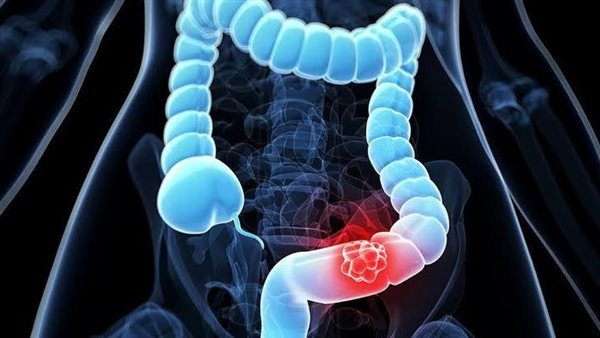
Friday 22/November/2024 – 11:12 PM
Infection cases are rising With cancer Colonitis among Generation Z and young people, and health experts recommend reducing the risks associated with the disease by eating foods rich in fiber, protein, vitamins and selenium. Obesity and alcohol consumption are the main reasons behind this cancer becoming the main cause of the high number of deaths among young people. The following are ways to prevent colon cancer. Colon cancer in young people through diet, according to Times Now News.
Ways to prevent colon cancer through diet
According to doctors, although colon cancer cannot be completely prevented, the risk of developing this condition can be reduced by managing risk factors, which includes practicing a healthy diet. Smart dietary choices can significantly reduce the risk, which includes following a diet. Diet rich in high-fiber foods, such as fruits, vegetables, and whole grains. Eating a plant-based diet with plenty of fiber and other nutrients can help reduce your risk.
Health experts also advise adding fruits and vegetables to the diet, and reducing the intake of processed foods that contain red meat and foods rich in fats and calories. Drinking coffee may reduce the risk of colon cancer. To increase the intake of dietary fiber, the diet must include these. Foods:
Whole wheat bread or brown rice
Beans and legumes
broccoli
Onions
Eggplant
Carrots
garlic
Berries
Watermelon
Apples
Pear
Orange
Banana
According to doctors, you should also add protein-rich foods such as fish and poultry and choose low-fat dairy products when possible. It is also highly recommended to eat turkey, nuts, nut butters, and low-fat dairy products. Another way to reduce the risk of colorectal cancer is to drink large amounts of water. Drink plenty of water and make sure to hydrate your body, as this ensures you get a sufficient amount of fluids daily.
What are the survival rates for colorectal cancer?
Statistics indicated that 65% of people with colorectal cancer remained alive 5 years after diagnosis, and survival rates after colorectal cancer varied based on the stage of the cancer at diagnosis. For example, 73% of people with colon cancer remained alive. A rectum that has spread to nearby tissues, organs, or lymph nodes is alive 5 years after diagnosis.



